
During the First World War, the Dutchman Anthony Fokker was
building aeroplanes in Germany. First, his factory was located
at the Johannisthal airfield, near Berlin. In 1913 he moved to
Schwerin. A lot of different types were designed and build there,
among which were the famous 'Eindecker' series, and the Dr.I
triplane. At the end of 1917, Fokker was out the picture as
supplier for fighter aircraft. This is the time where the story
of the D.VII starts.
Building of the prototype of what was to become the Fokker D.VII
started in December, 1917 in the Fokker factory at Schwerin. At
that time, Reinhold Platz was working as designer. The
designation for this type was V.11, which stands for
Versuchsmachine no. 11 (Experimental aircraft No. 11) [LIST OF
V-TYPES]. This V.11 had a number of novelties that included a
car-type radiator in front of the engine and cantilever wings
with no external bracing wires, which made for a very clean
appearance.
At the end of January, 1918, the first competition for D class
machines was held at Adlershof. In this competition, German
pilots from the front flew in new types, to test them, and
choose which one would be produced for the front. In this first
competition the V.11 came out as the ultimate winner, and was
designated D.VII.[LIST OF COMPETING AIRCRAFT]
Anthony Fokker tells in his autobiography that he flew the V.11
before the contest started. He noticed that it wasn't flying too
well, and it needed to be changed. So, working all weekend day
and night, Fokker and some mechanics lengthened the fuselage and
enlarged the vertical fin. Flying it again, Fokker noticed that
it was very sensitive on the controls, but further it was flying
wonderful.
Fokker was awarded large contracts for the D.VII. Because the
Fokker factory at Schwerin did not have the capacity to build
large numbers of the plane, Fokker's rival Albatros had to
manufacture the D.VII under license. Eventually they were built
by the Albatros factories at Johannisthal and the Ostdeutsche
Albatros Werke at Schneidemühl. Fokker received a 5% fee from
Albatros for every D.VII they build.
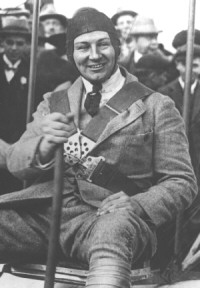
Anthony Fokker
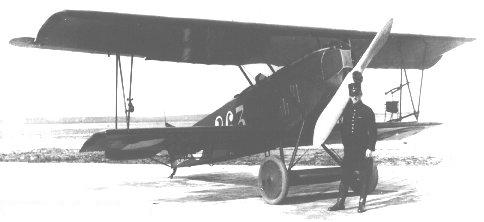
Fokker as a post service plane
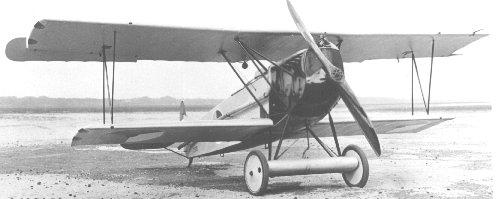
Fokker in civil mission
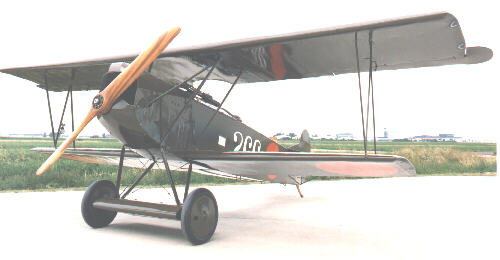
Fokker with canons
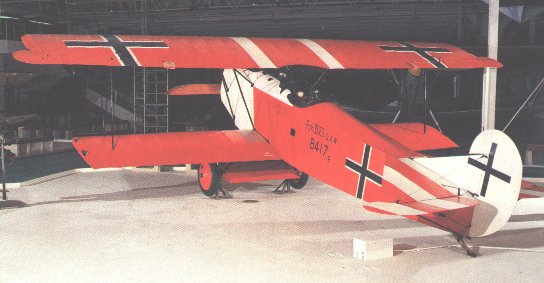
Fokker D VII with military signs
|